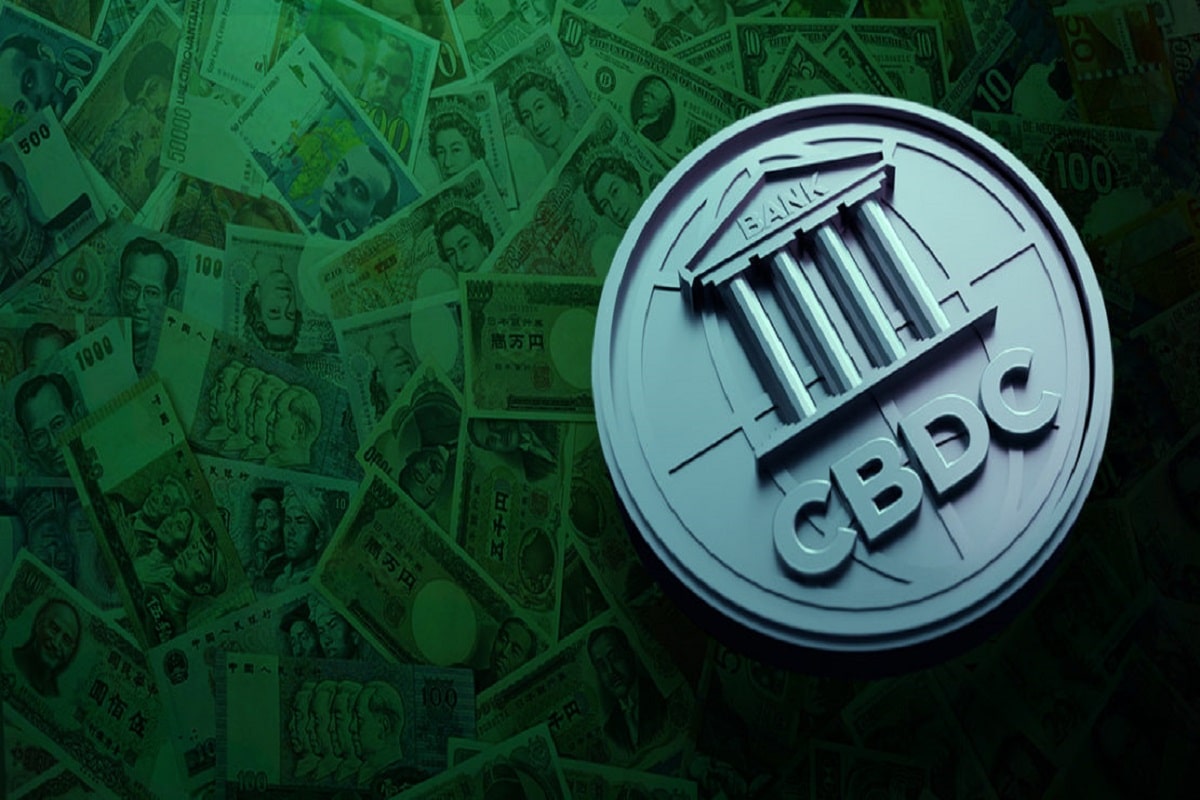The House Financial Services Committee is sending more crypto-related bills to the floor, this time legislation meant to head off a U.S. CBDC.
The committee’s top Democrat accused Republicans of getting in the way of innovation with partisan legislation.
A crypto-related bill meant to stifle a future U.S. central bank digital currency is now heading toward consideration on the floor of the U.S. House of Representatives after committee approval Wednesday, marking further progress for digital assets legislation in Congress.
Republicans in the House Financial Services Committee cleared a bill that Rep. Patrick McHenry (R-N.C.), the panel’s chairman, said would ensure “any U.S. CBDC must be explicitly authorized by Congress” and also “protects Americans’ privacy and our financial system from the risks a CBDC would pose.”
Even as Congress approaches the precipice of a U.S. government shutdown, House lawmakers took time to insist Wednesday that a so-called digital dollar is strangled before it’s conceived. The bill was designed to ban any CBDC pilot programs before they’re proposed, outlaw the Federal Reserve issuing a retail digital currency that could be used for citizen surveillance and require any progress on a government-backed token be explicitly empowered by Congress. While the House progress on CBDC legislation is unprecedented, its future in the Senate is more doubtful.
The House committee’s counterpart – the Senate Banking Committee – is led by Sen. Sherrod Brown (D-Ohio), who doesn’t share Republican sympathies with the digital assets industry.
As with stablecoin and crypto market-structure legislation advanced previously by the committee, this bill was opposed by the panel’s top Democrat, Rep. Maxine Waters (D-Calif.).
“It will keep the United States behind other countries, including China, as a race forward to develop a global standard for central bank digital currencies,” Waters said, accusing Republicans of taking a “deeply anti-innovation stance” on the technology, which has been embraced by other nations. The legislation, she said, would “stifle that research and prevent us from moving forward, even if it means that the dollar loses its status as the world’s reserve currency and even if it means that U.S. citizens lose out on faster, cheaper and simpler payments.”
The Fed’s top regulatory official, Vice Chairman for Supervision Michael Barr, said earlier this month that the central bank won’t move forward without being directed by the White House and authorized with legislation from Congress. Despite Republican claims that the administration of President Joe Biden are pushing for a CBDC, the federal agencies haven’t yet proposed a digital dollar and are in the “basic research” phase on studying the ramifications of a U.S. token.
Even if Republican-led crypto bills are approved by the overall House, their reception in the Democrat-dominated Senate is unlikely to be enthusiastic.
















